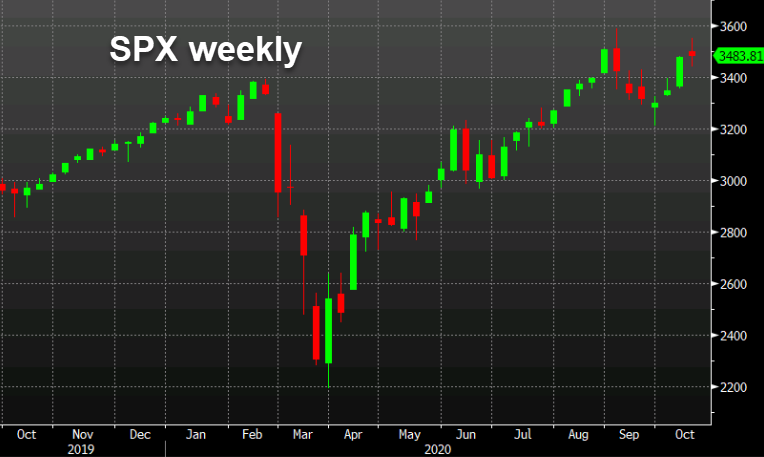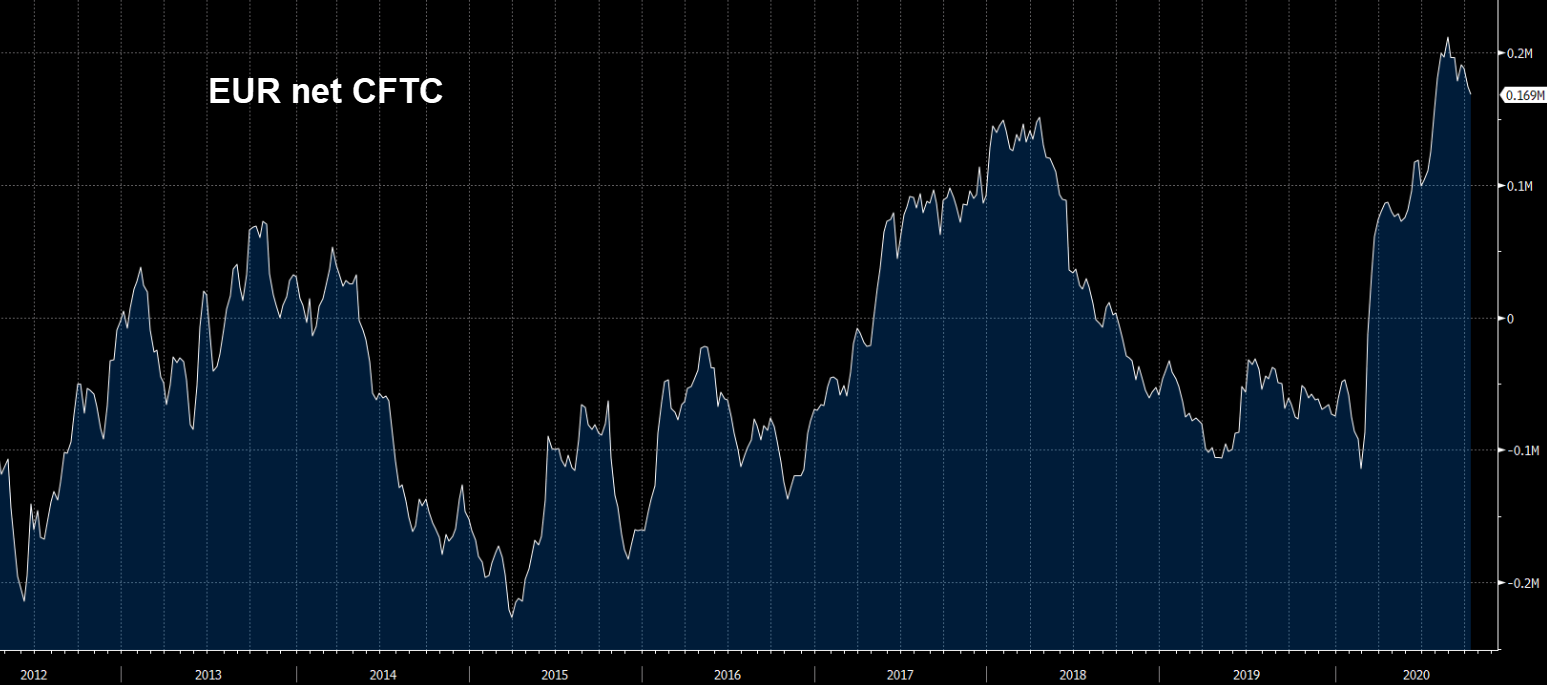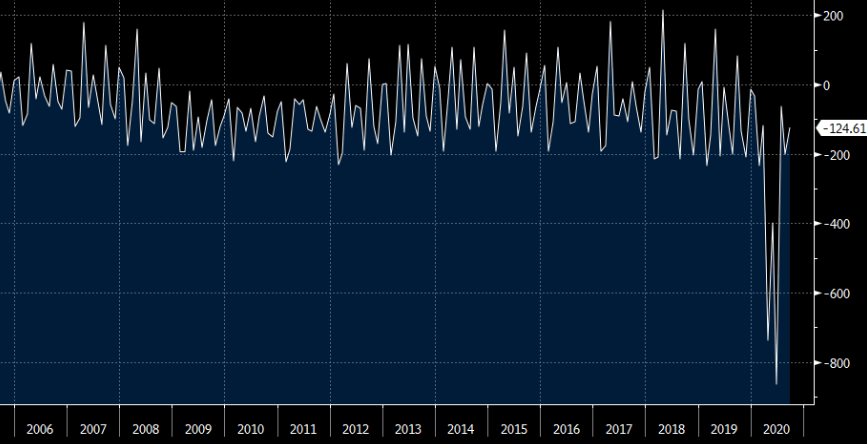1. Follow the Rule of Three. The rule of three simply states that a trade will not be made unless you can carefully articulate three reasons for doing so. This eliminates trading from an indicator alone.
2. Keep Losses Small. It is vitally important to keep losses small as most all of large losses began as small ones, and large losses can put an end to your trading career.
3. Adjust Stops. When a trade is working move your stop loss up in order to lock in gains.
4. Keep Commissions Low. There is a cost to trading but there is no reason to overpay brokerage fees. A discount brokerage is just as good as a premium brand name one.
5. Amateurs at the Open, Pros at the Close. The best time to enter trades are after lunch when the professionals are looking to get in at a better price than one provided in the morning.
6. Know the General Market Trend. When trading individual stocks make sure you trade with the general market trend or condition, not against it.
7. Write Down Every Trade. Doing this will allow you to learn what is working and what is not. It will also help you determine what types of trades work best for your personality.
8. Never Average Down a Losing Position. It is a loser’s game when you add to a loser. You add to winning positions because they are winners and are proving themselves to be such.
9. Never Overtrade. Overtrading is a direct result of not following a well thought out plan, deciding it is best to trade off emotion instead. This will do nothing but cause frustration and a loss of money.
10. Give 10 Percent Away. Money works the fastest when it is divided. When we share we prime the economic pump of the universe.
Trading is a game of rules. We either make the decision to abide by them or we break them. We do the latter at our own peril.








